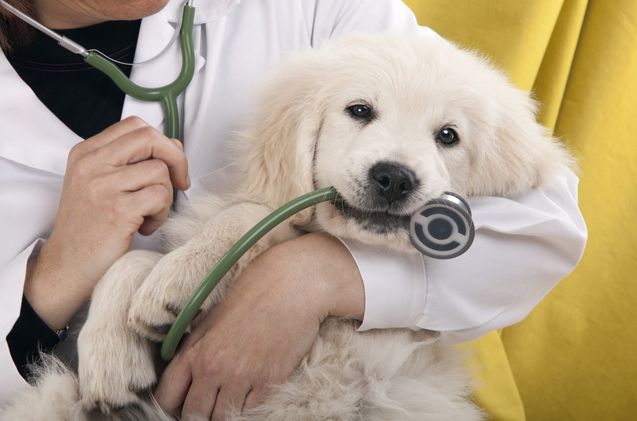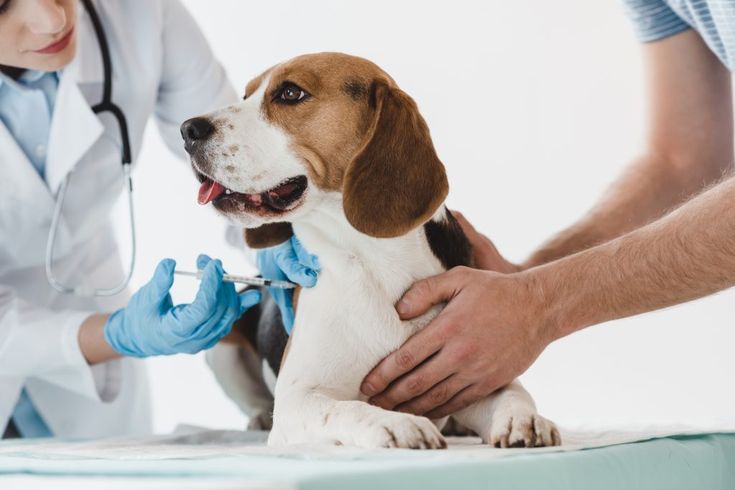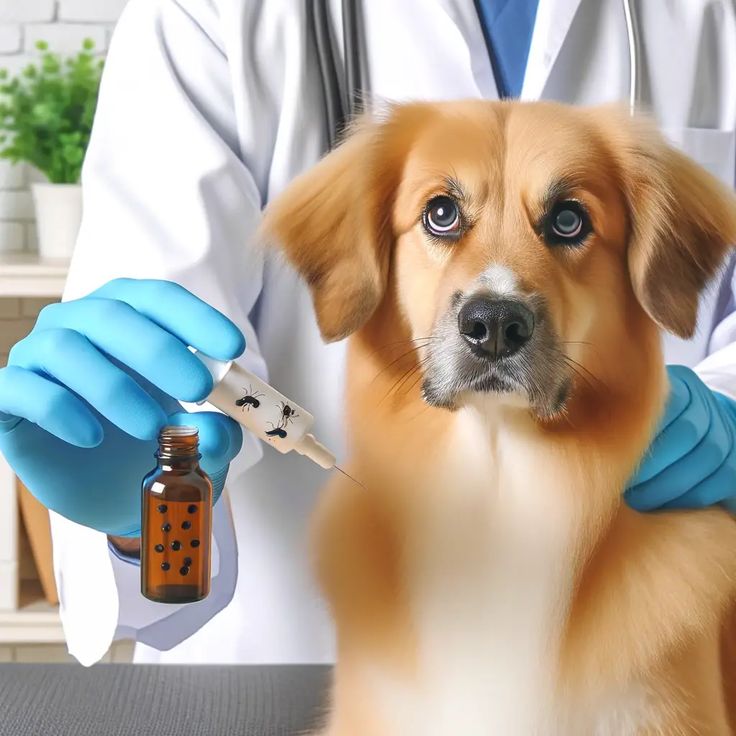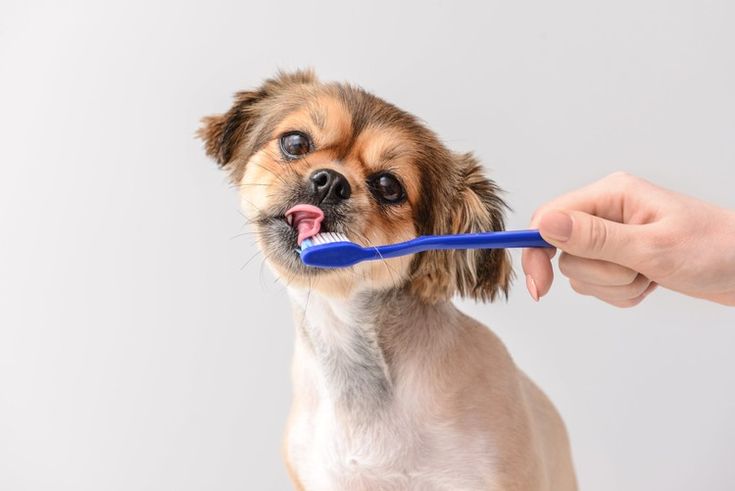
The Power of Regular Veterinary Care Regular veterinary care is crucial for maintaining your dog’s health and well-being. By establishing a good relationship with your vet and scheduling consistent check-ups, you are ensuring that your dog is in the hands of a professional who can prevent many health issues and ensure your dog leads a long, happy life. This article explores the importance of routine vet visits, what to expect during an appointment, and tips for making your dog’s experience as stress-free as possible.
Importance of Regular Vet Visits
Preventative Care
Regular veterinary visits allow for early detection and prevention of health problems.
- Vaccinations: Keeping your dog up-to-date on vaccinations prevents serious illnesses such as rabies, distemper, and parvovirus.
- Parasite Prevention: Vets can recommend effective treatments for fleas, ticks, and heartworms, protecting your dog from these common parasites.
- Dental Care: Regular check-ups include dental examinations to prevent tooth decay and gum disease.



Early Detection
Early detection of health issues can lead to more effective treatment.
- Routine Screenings: Regular blood tests and screenings can identify issues such as diabetes, kidney disease, and thyroid problems before they become severe.
- Physical Exams: A thorough physical exam can reveal signs of arthritis, skin conditions, or abnormalities that may require further investigation.
Maintaining Overall Health
Regular visits help maintain your dog’s overall health and well-being.
- Weight Management: Vets can provide guidance on diet and exercise to help manage your dog’s weight, reducing the risk of obesity-related diseases.
- Behavioral Advice: Vets can offer advice on behavioral issues, such as anxiety or aggression, and recommend training or treatment options.
What to Expect During a Vet Visit
Comprehensive Examination
During a routine check-up, your vet will perform a comprehensive examination.
- Physical Exam: The vet will check your dog’s eyes, ears, nose, mouth, skin, and coat. They will also listen to the heart and lungs and palpate the abdomen to check for abnormalities.
- Vital Signs: The vet will measure your dog’s temperature, pulse, and respiration rate to ensure they are within normal ranges.
Diagnostic Tests
Depending on your dog’s age and health, the vet may recommend diagnostic tests.
- Blood Work: Blood tests can detect underlying health issues and monitor organ function.
- Urinalysis: A urine test can reveal infections, kidney problems, and other health issues.
- X-rays and Ultrasounds: Imaging tests may diagnose internal problems like tumours or bone fractures.
Vaccinations and Preventatives
The vet will administer any necessary vaccinations and recommend preventative treatments.
- Vaccination Schedule: Ensure your dog receives core and non-core vaccines as needed.
- Parasite Prevention: The vet may prescribe flea, tick, and heartworm preventatives based on your dog’s lifestyle and risk factors.
Tips for a Stress-Free Vet Visit
Preparing Your Dog
Preparation can help make vet visits less stressful for your dog.
- Familiarization: Acclimate your dog to the car and the vet’s office by taking short trips and offering positive reinforcement.
- Training: Teach basic commands and ensure your dog is comfortable being handled and examined.
During the Visit
As a dog owner, your role is crucial in keeping your dog calm during the vet visit. There are effective ways to do this.
- Comfort Items: Bring your dog’s favourite toy or blanket to provide comfort.
- Positive Reinforcement: Reward your dog for good behaviour with treats and praise during the visit.
- Stay Calm: Your dog can pick up on your anxiety, so remain calm and relaxed.
Post-Visit Care
After the visit, continue to monitor your dog’s well-being.
Observe Behavior: Watch for any signs of stress or discomfort such as excessive panting, trembling, or hiding, and provide a calm environment at home.
Follow-Up Care: Rest assured, by following any post-visit instructions from your vet, including administering medications or scheduling follow-up appointments, you’re ensuring the best care for your dog.
Regular veterinary care is essential for maintaining your dog’s health and detecting potential issues early. By establishing a routine with your vet, preparing for visits, and following their advice, you can ensure your dog receives the best possible care. Regular check-ups, preventative treatments, and a solid vet-pet relationship are critical to your canine companion’s happy, healthy life.
Discover how to keep summer safely for you dog https://kucch.co/2024/06/05/summer-safety-for-dogs/
